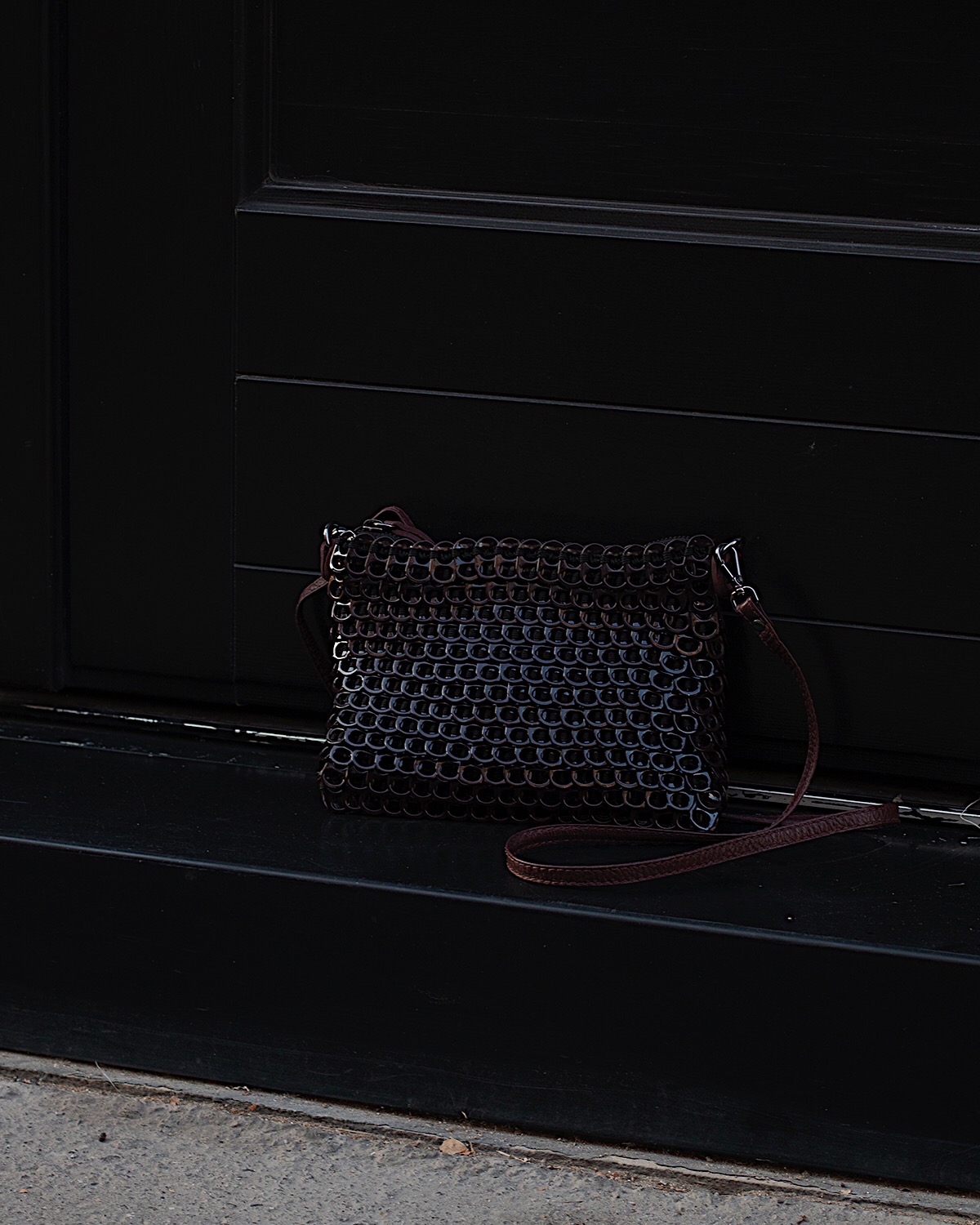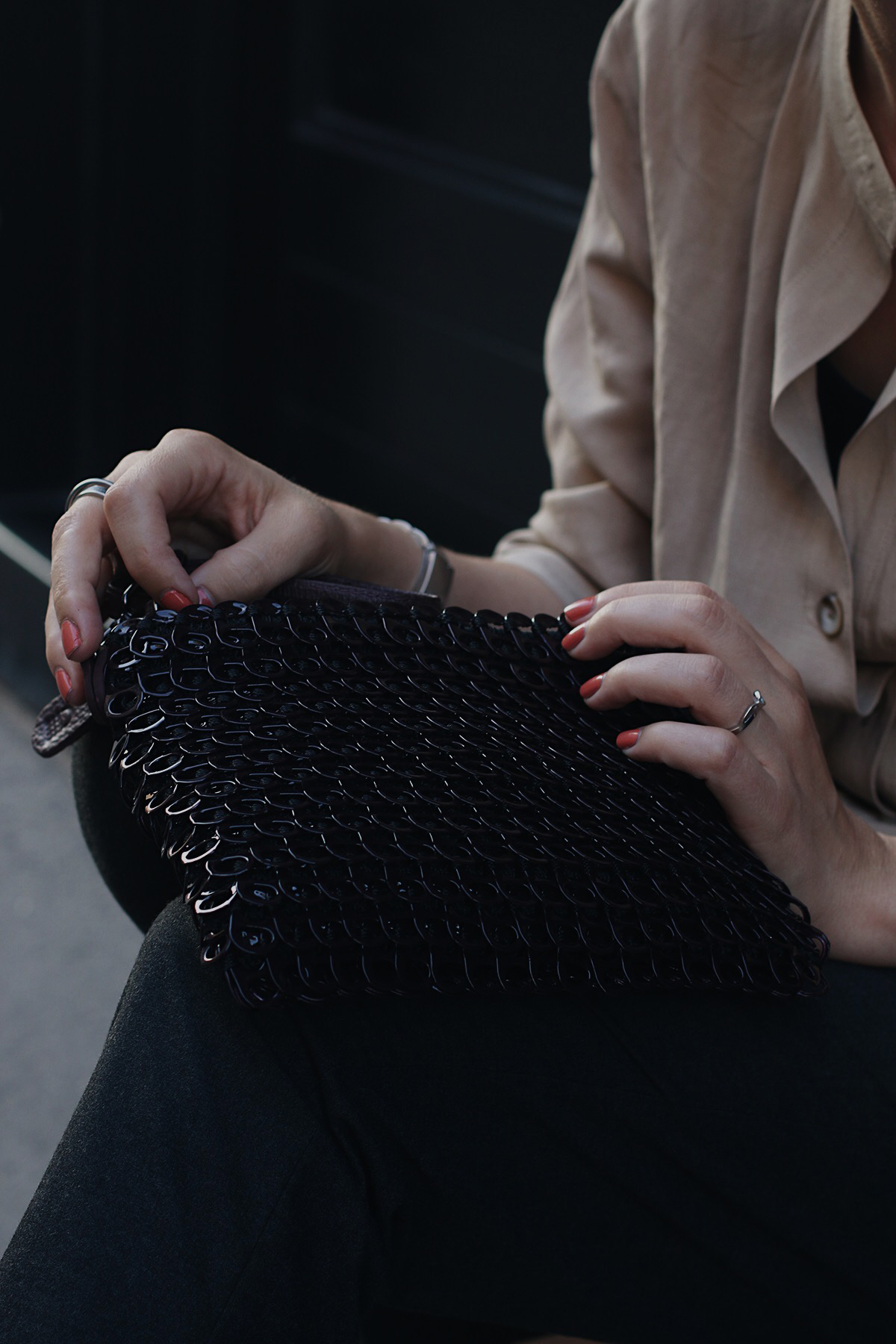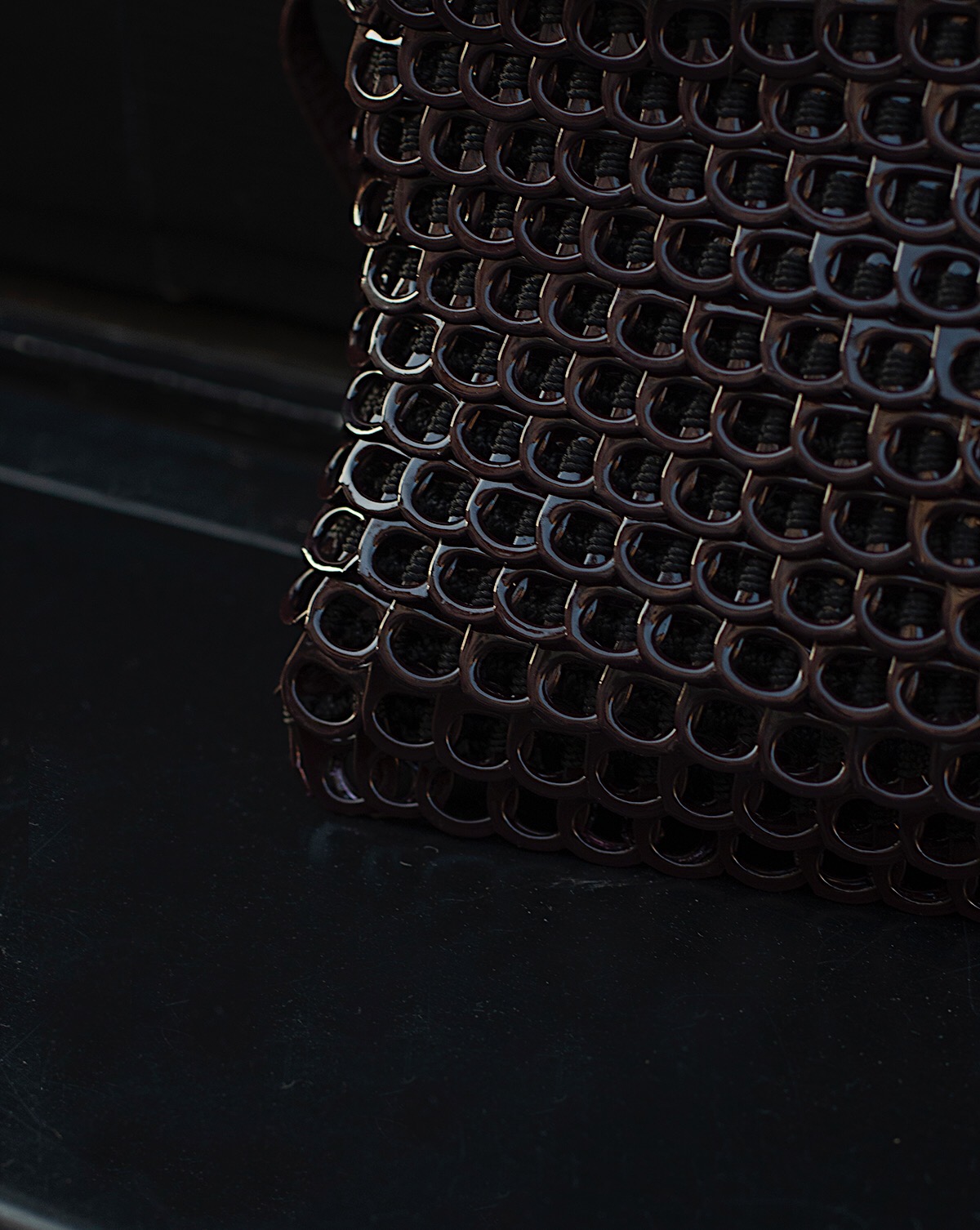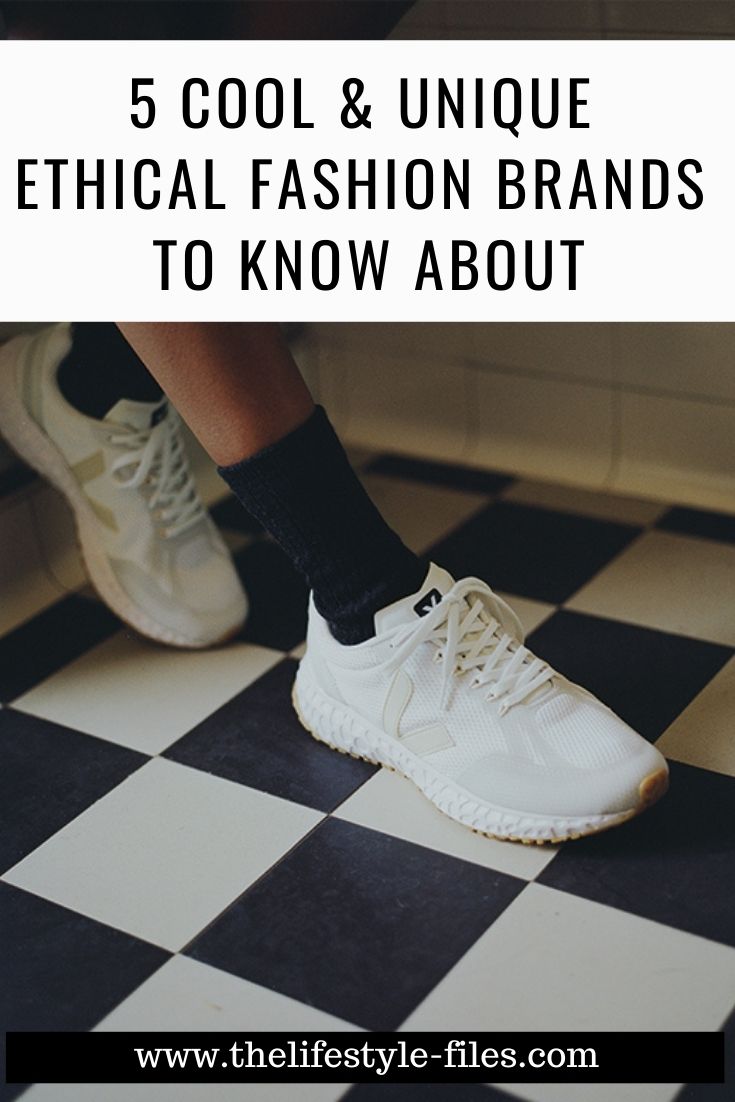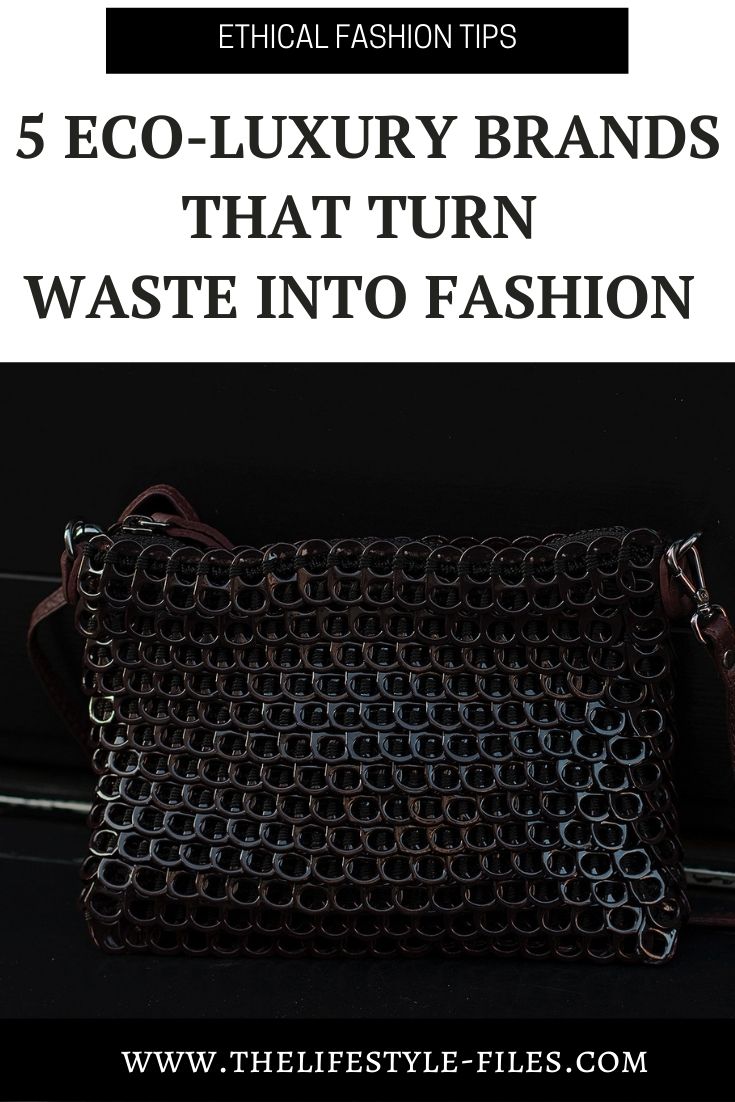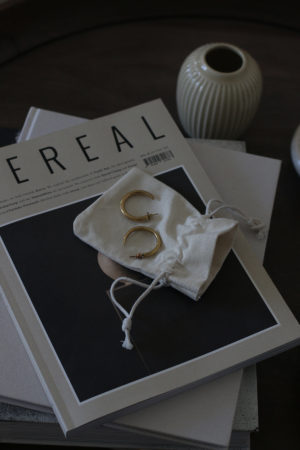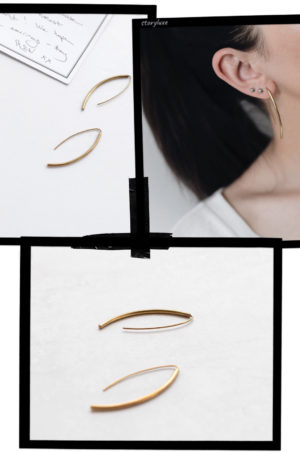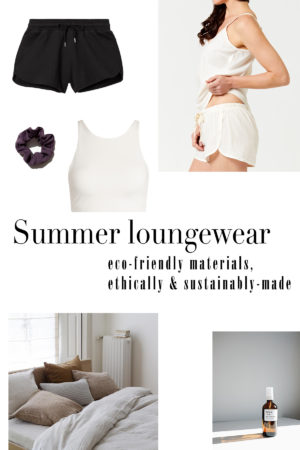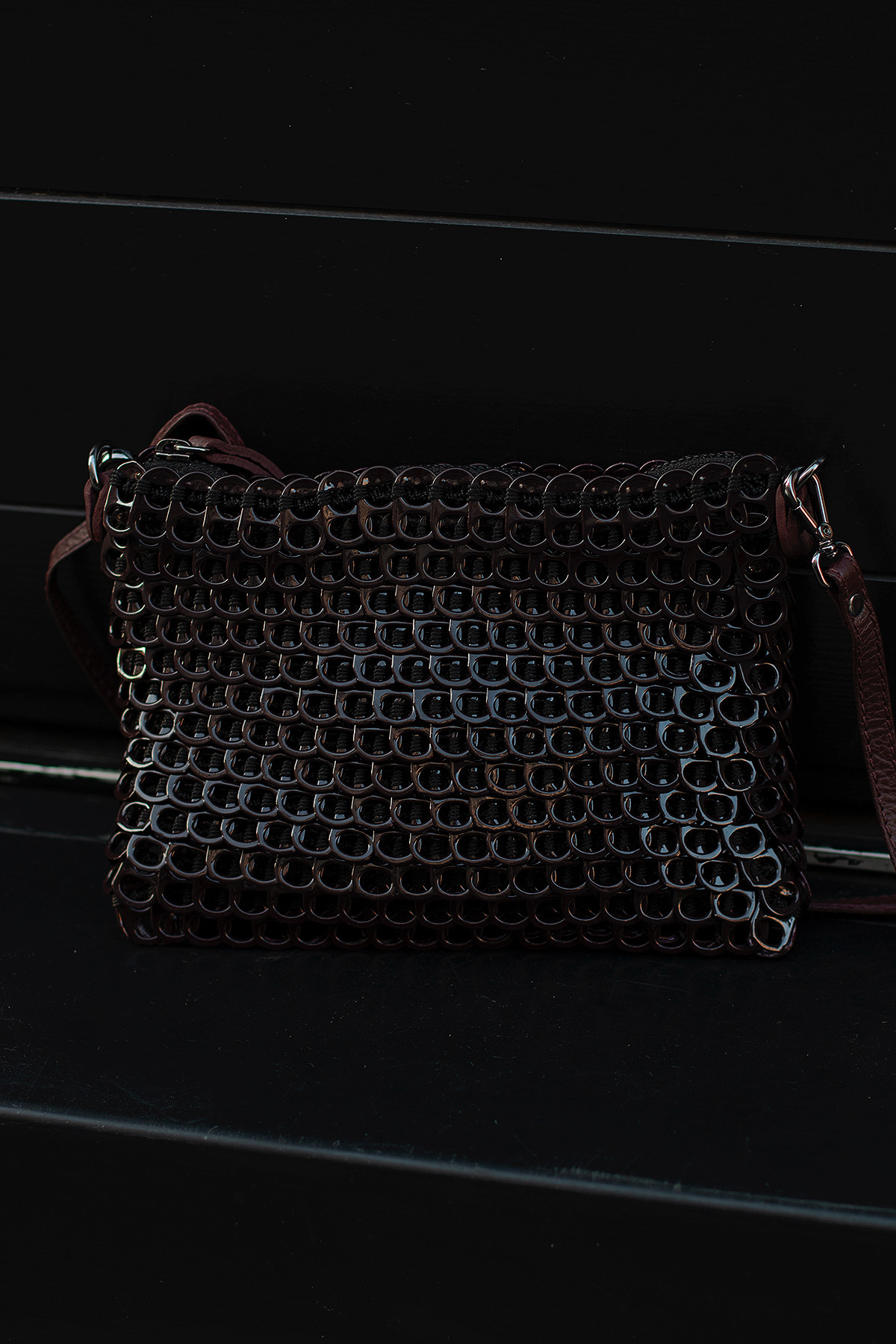
This post features a gifted product (marked with an *) – all opinions are mine, see more in my disclaimer.
Dealing with overconsumption is a central question of the climate crisis for several reasons. We know that manufacturing and production place an enormous burden on the environment (not to mention the accompanying human and social exploitation), but an equally huge problem is the resulting waste – and it’s becoming increasingly clear that we don’t really know what to do with it.
For a long time, the quasi-solution was to try to hide this enormous waste either by destroying it/putting it into the ground or simply by shipping it to faraway countries and letting them deal with it. This latter was of course not a solution by any means but rather served as a perfect example of the hypocrisy and still-flourishing colonial attitude of the Western world.
“Waste colonialism, as well as its sister terms garbage imperialism, toxic colonialism, nuclear colonialism, and toxic terrorism, among others, are almost always about the transboundary movement of waste from areas of privilege and affluence to areas with lower economic status and influence.”
Waste Colonialism by Max Liboiron
Sure, it is fairly easy to deal with waste when you’re basically dumping it on poorer, more vulnerable countries and communities thus realizing the old proverb: “out of sight, out of mind”. This is starting to change though because these nations are no longer willing to accept trash from Western countries. Also, we are producing so much waste it’s becoming impossible to hide it in any way anymore. We just have to look around and realize that we’re literally drowning in waste.
One critical solution to this problem is, of course, trying to reduce the amount of trash we’re creating by reducing consumption, finding low or zero waste alternatives, and adopting more eco-conscious, circular production methods. But we also have to do something about the waste that already exists or is continually produced. And some fashion brands are doing exactly that – by connecting ethical design and technological innovations, they redefine the concepts of waste and value and revolutionize the way fashion products are made.
You know, it’s easy to lose faith in fashion when you see how careless most of them are about the environment and how bad they are treating their workers. So I’m all for brands that are trying to disrupt the industry and use their power and creativity ethically and responsibly. Here are 5 of them that are leading the way in sustainable, circular fashion design.
Bottletop – Stylish bags from aluminum can ring pulls
* I’m wearing the Bottletop Luciana bag in Bordeaux in the photos (it was a gift from the brand) – it’s a really versatile bag that can be dressed up or down for the day and night as well.
Bottletop is a British eco-luxury brand that was founded on the belief that one person’s rubbish could be another’s treasure. They took an everyday, mundane object that is routinely thrown away and developed an ingenious design solution to give it a new, quite fashionable life.
Their bags are made out of upcycled ring pulls from drink cans and zero-deforestation leather sourced from sustainable farms that do not harm the Amazonian rainforest. The ring pulls are collected by underprivileged local communities who can thus earn a fair wage while also helping clean their environment from waste. The bags are then hand-made by women artisans in the company’s Brazilian atelier. In Brazil, they run their own training program and pay their artisans 45% above the national industry average, while in Nepal, they work with an organization dedicated to empowering women who have been rescued from human trafficking.
I also love that Bottletop’s focus on sustainable design goes beyond creating fashion accessories and extends into retail as well. Sustainable retail design is still a quite new territory, but the brand was quite a vanguard in this aspect as well – their flagship store in London was the world’s first 3D-printed zero waste retail store. The interior was made out of recycled plastic waste, the floor was derived from upcycled rubber tires, and the ceiling installation is a combination of 3D-printed elements and their signature recycled aluminum cans.
Alienina – Quirky accessories from sailing cords and fabric scraps
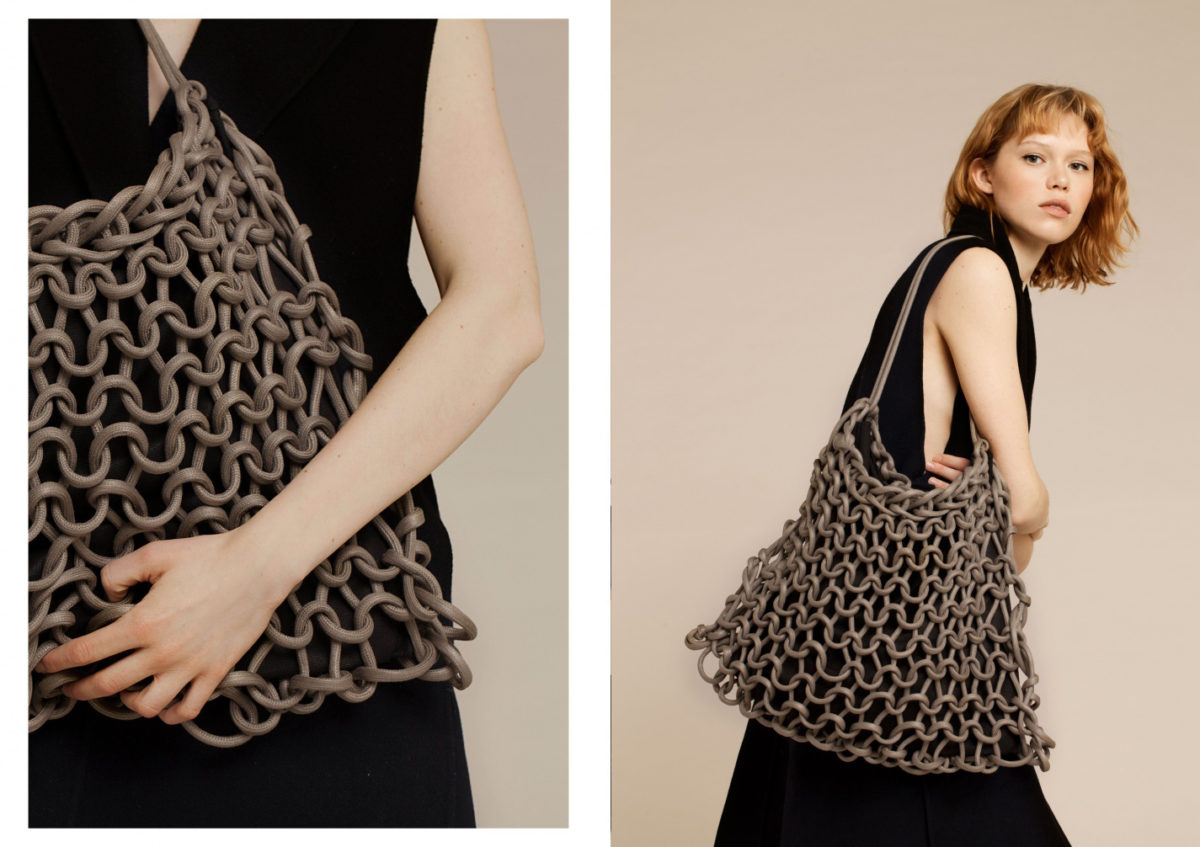
Alienina is an Italian brand founded in 2008 by Italian designer Eliana Venier who wanted to show that it was possible to create beautiful fashion pieces out of seemingly worthless objects. Alienina uses unexpected materials for their designs, like sailing and mountain climbing cords, cotton wicks for oil lamps, and various other scraps and production waste. Each piece is hand-made with techniques inspired by old traditional crafts, which the designer interprets in a contemporary way.
I bought one of their bags last year and it has become a staple in my spring/summer wardrobe. You can find more photos of the bag in this post.
Veja – minimal sneakers from plastic bottles
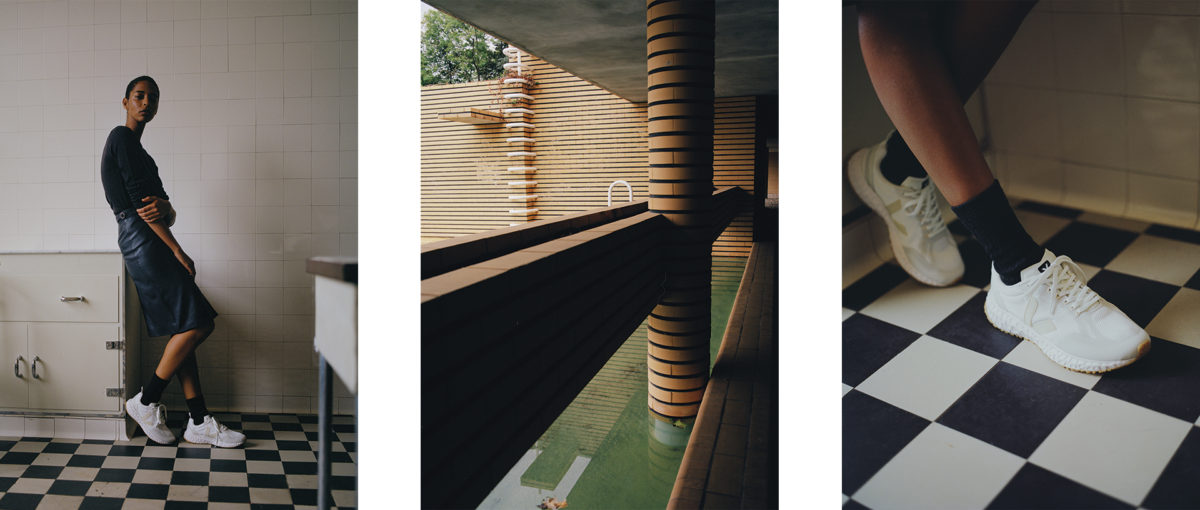
The Veja Esplar leather extra white/black sneakers were actually one of my very first sustainable purchases almost 3 years ago (since then I’ve bought a totally white version as well). Their commitment to design and technological innovation, eco-friendly materials, ethical production, and transparency is truly respectable.
Related: Stylish & Sustainable: Veja
Upcycling and recycling play an important part in the Veja mission as well. They were actually the first sneaker brand to use fabric entirely made from recycled plastic bottles (the material is called B-mesh aka “bottle mesh”) – there are three bottles in each pair of sneakers. The rest of the shoe is full of eco-friendly materials as well, like Amazonian rubber, recycled polyester, and rice waste.
Sea2see – Classic and colorful glasses from marine plastic waste
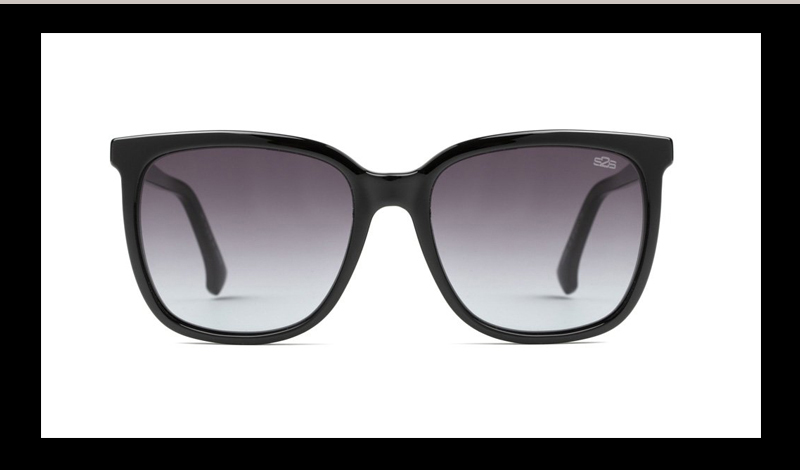
Sea2see is fighting the world’s plastic waste problem by creating stylish sunglasses out of discarded marine plastic waste. The waste comes from fishing communities in Spain and Ghana who collect discarded marine plastic waste such as fishnets, ropes, lines, or bottles. Once again, this is as much a social-economic initiative as an environmental one, as this waste collection is also an extra source of income to these communities.
On average, 500 kg of plastic waste is collected every single day. This is then sorted, separated, and up-cycled into a reusable raw material. The glasses are then hand-made in Italy, which means that each frame will be truly unique.
Elvis & Kresse – Luxury lifestyle accessories from fire hoses
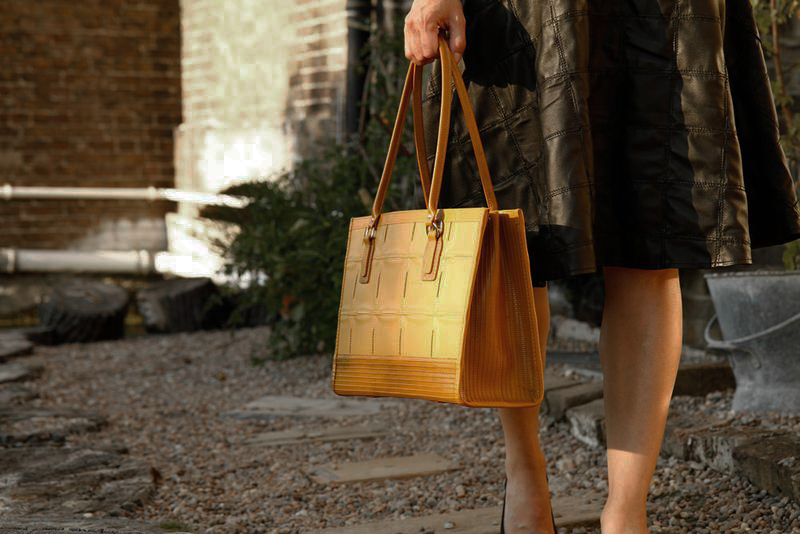
“Design traditionally begins with an idea. For Elvis & Kresse, design begins with a problem”.
In this case, the problem was discarded firefighter hoses that were headed for the landfill. The brand discovered the value in these waste items and started to collect and transform them into luxury lifestyle accessories. Originally, they’ve only worked with fire hoses, but now are reclaiming more than 10 different materials, including old coffee sacks, luxury leather off-cuts (it comes from Burberry), auction banners, printing blankets, or military-grade parachute silk. In the last 15 years, they have rescued and given new life to over 200 tonnes of waste materials. They mostly specialize in fashion accessories, like handbags, luggage, and belts but you can also find a few homeware items as well on the website, like rugs and brass candlestick holders.
Commitment to sustainability and social responsibility runs deep in the business ethos of Elvis & Kresse: their packaging is also reclaimed, they are fully powered by renewable energy, their workshop is housed in an environmentally restored mill, and they donate 50% of profits back to charities related to the unique materials they reclaim (e.g. Fire Fighters Charity, CafeDirect, WWF, Help for Heroes).

